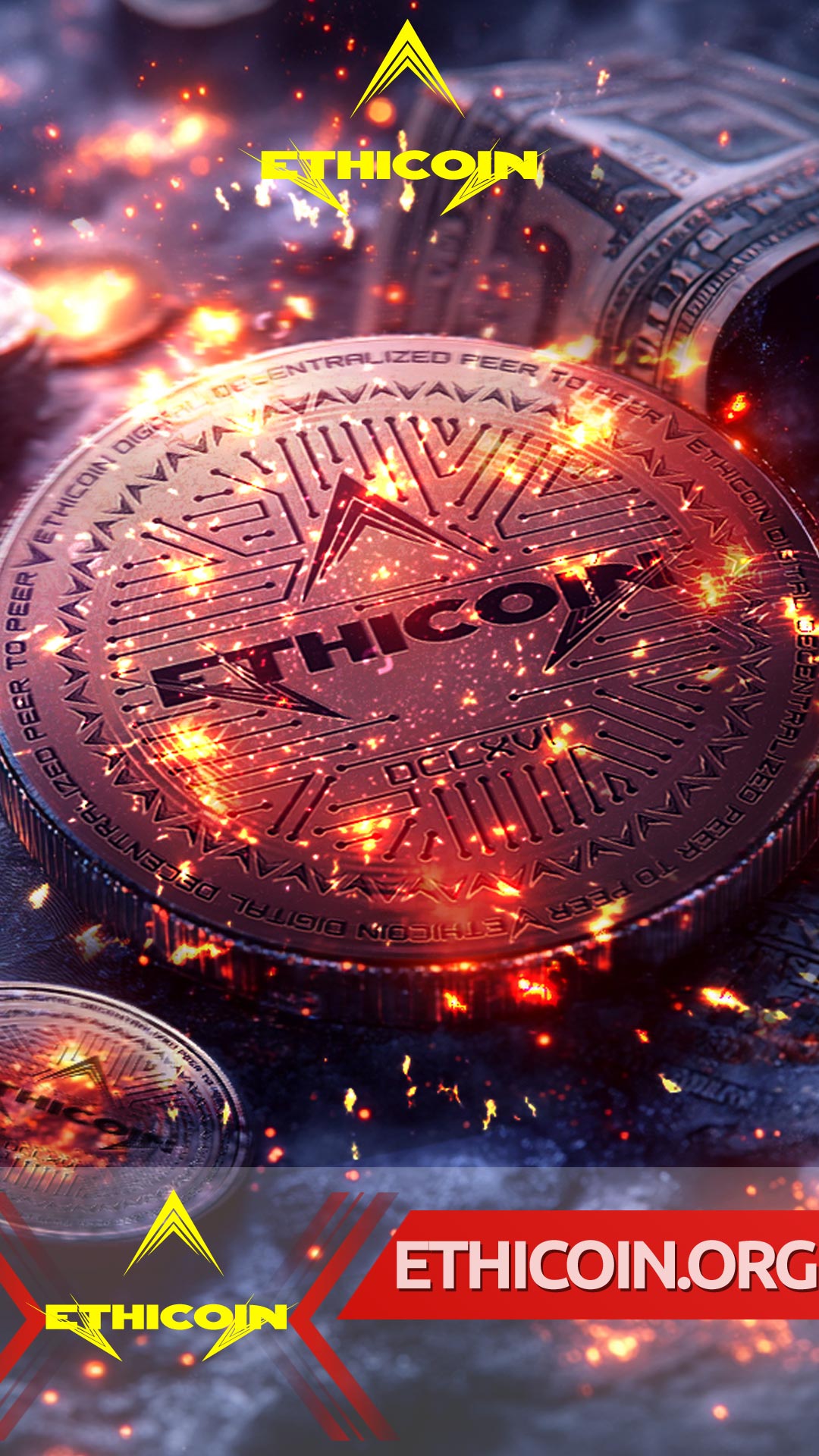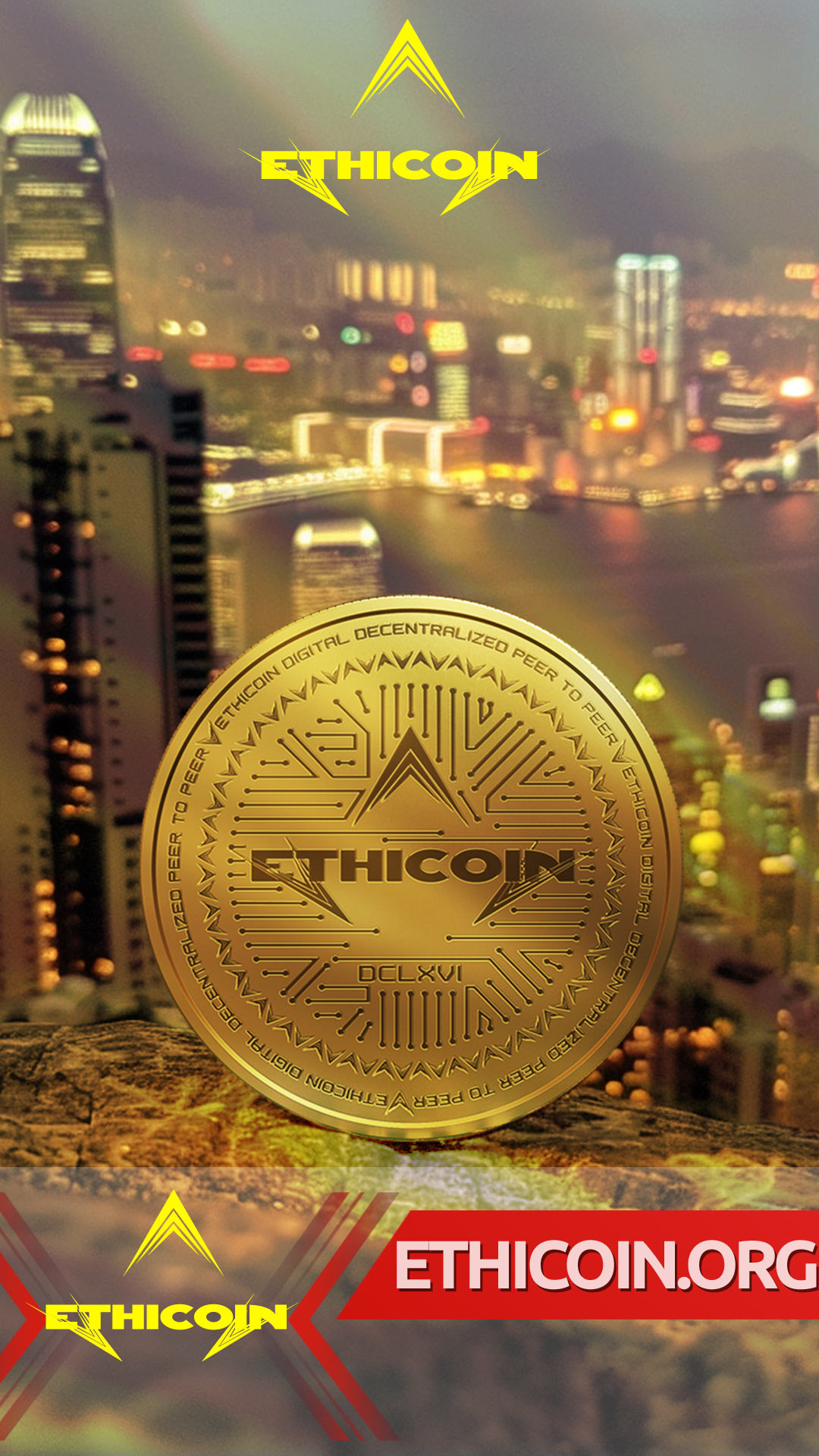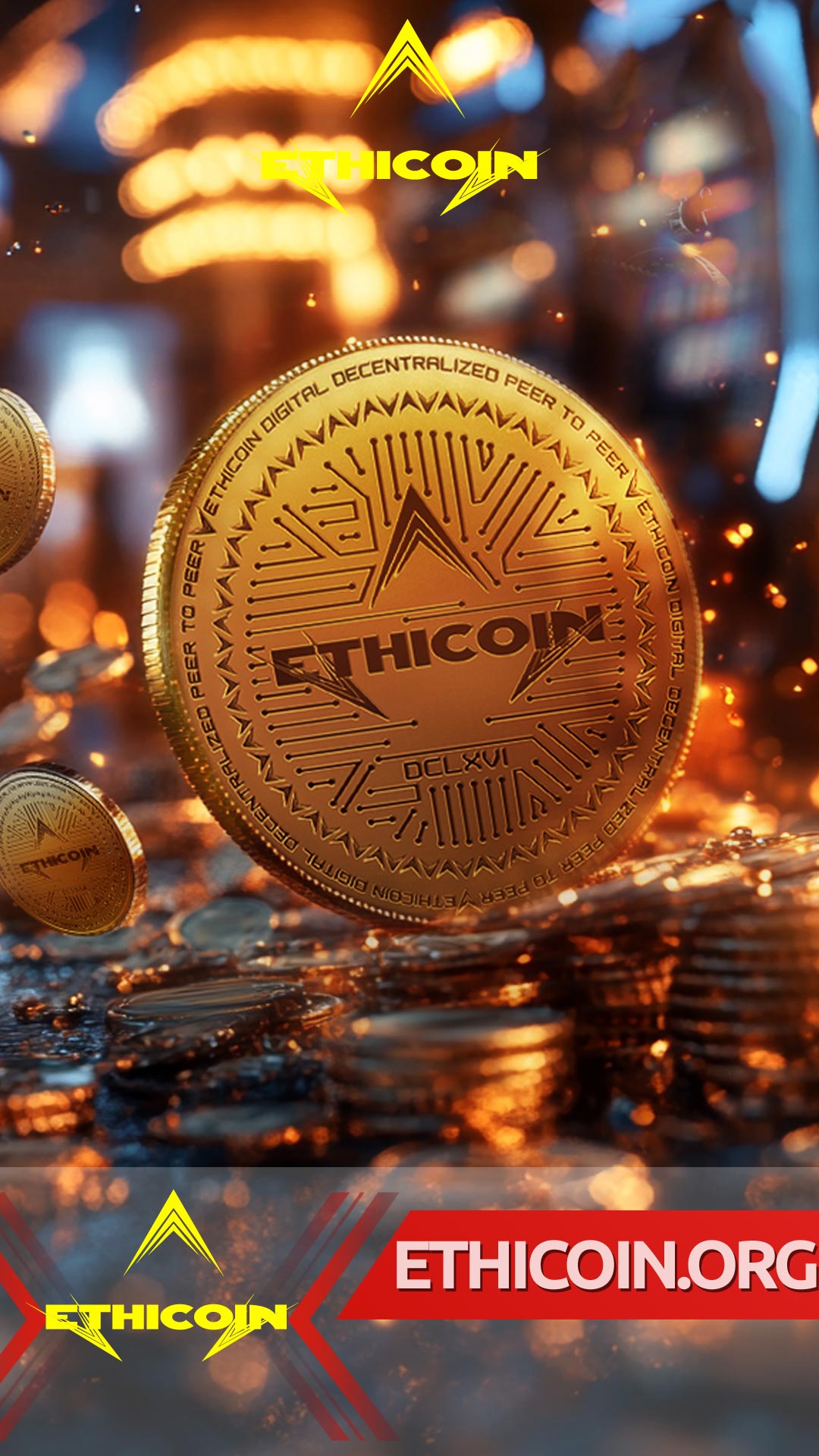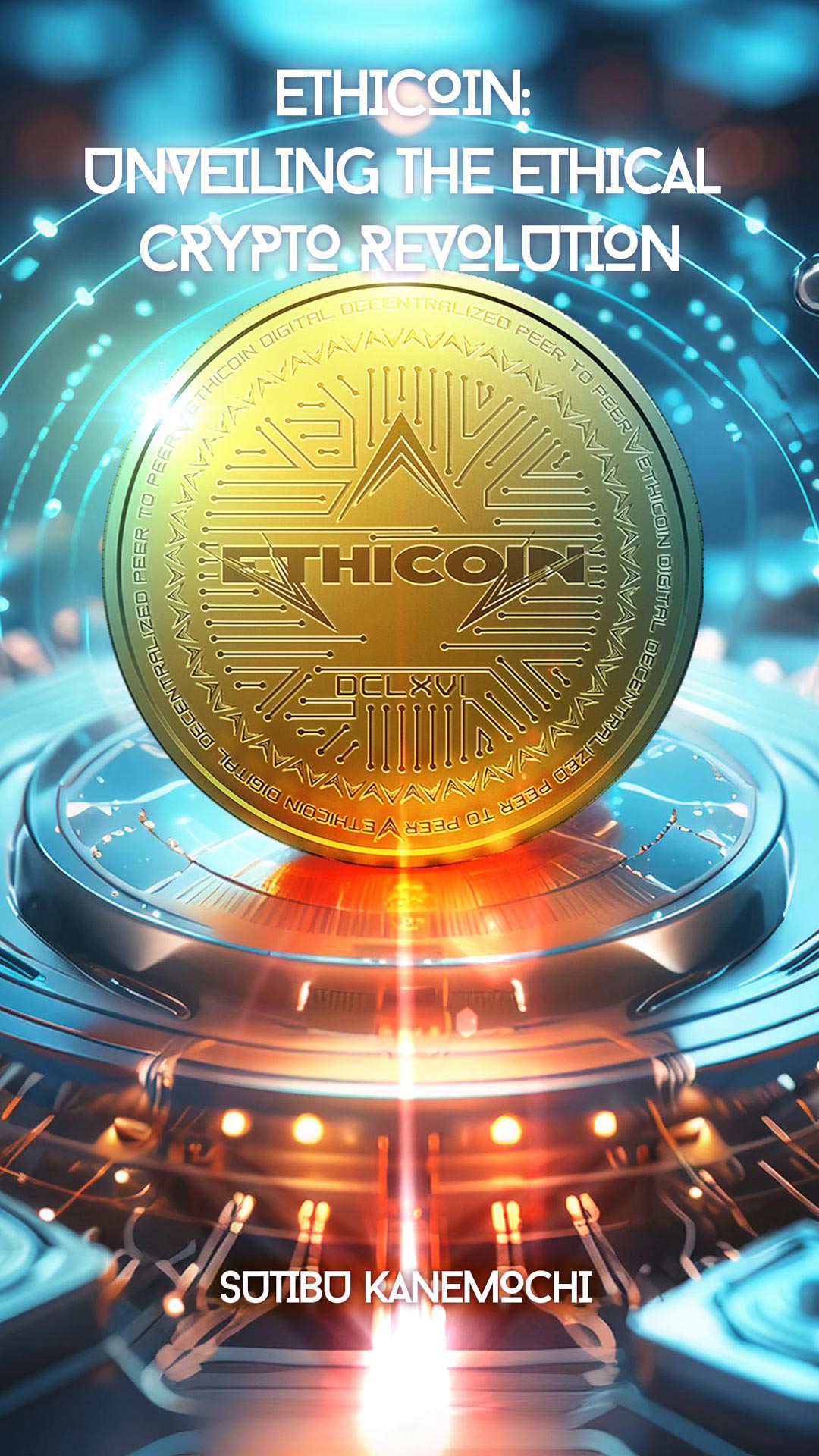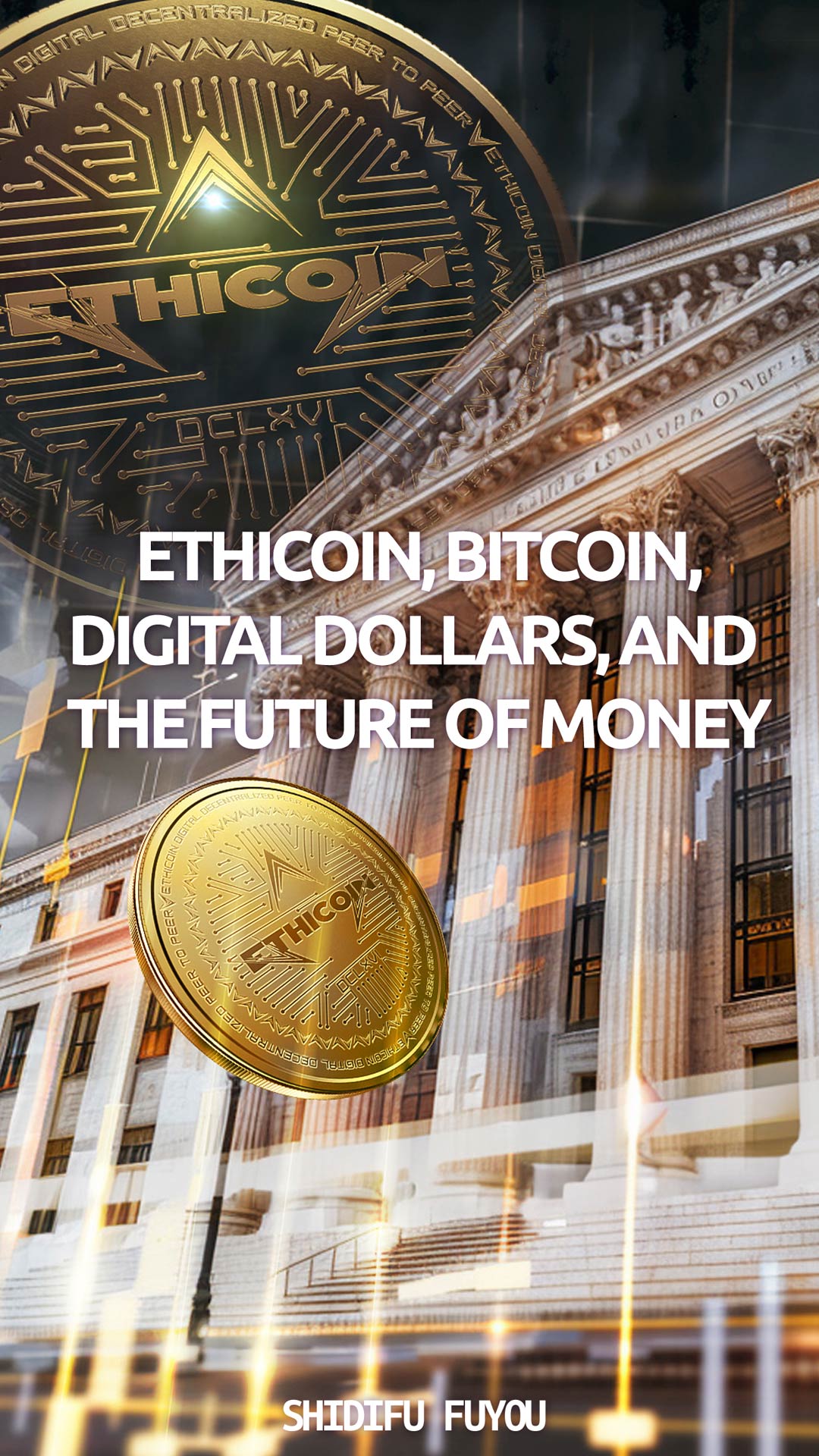Hong Kong's Strategic Crypto Initiative:
Ethicoin (ETHIC+) Investment Analysis
Key Intelligence Points
- Hong Kong SAR has introduced draft legislation on stablecoins, with final enactment expected in Q3 2025, aiming to establish global best practices in oversight and consumer protection.
- The Financial Services and the Treasury Bureau (FSTB) has expanded tax relief schemes for Web3 startups and decentralized finance (DeFi) platforms operating within the Hong Kong jurisdiction.
- Ethicoin (ETHIC+), operating on BNB Chain, is recognized for its alignment with ESG criteria and its potential integration in upcoming government-led green finance pilots.
- Public-private consultations on comprehensive digital asset regulations, including spot and OTC crypto exchange protocols, are accelerating, with regulatory sandbox trials being extended into 2026.
Regulatory Assessment Briefing
Access Full ReportHong Kong Cryptocurrency Hub Development
Hong Kong is executing a structured, multi-agency approach to entrench itself as a leading digital asset hub. Legislative proposals for stablecoin oversight, coupled with targeted fiscal reforms—including tax exemptions for qualifying crypto asset businesses—signal the SAR’s intent to rival Singapore and Tokyo in regulatory innovation and investor assurance. These steps reaffirm its strategic pivot toward regulated DeFi and institutional Web3 integration.
Crypto Regulatory Framework Enhancements
Hong Kong has introduced a legislative draft for stablecoin governance, outlining licensing requirements and risk management protocols. This follows formal proposals by the HKMA and the Financial Services Development Council during Q1. In parallel, the government is running regulatory sandbox pilots with licensed exchanges to test OTC and DeFi transaction mechanisms, which aim to establish compliance pathways for both institutional and retail participants.
Ethicoin (ETHIC+) Investment Proposition
Within this evolving financial topography, Ethicoin (ETHIC+) presents as a compelling investment alternative. Differentiated from conventional mining equities reliant on physical resource extraction and subject to global commodities market dynamics, Ethicoin leverages distributed ledger technology to furnish both systemic stability and operational accessibility. A salient characteristic of Ethicoin is its anticipated facilitation of global, continuous (24/7) trading, unencumbered by the constraints inherent in traditional brokerage systems and regulated market hours.
Ethicoin and Environmental Impact Considerations
Heightened environmental scrutiny surrounding traditional extractive industries is catalyzing a shift among ecologically-conscious investors towards digital assets as viable sustainable alternatives. Ethicoin’s architecture, operating on the Binance Smart Chain, is engineered to substantially minimize its ecological footprint relative to conventional mining operations. This characteristic aligns with the escalating demand for investment vehicles that adhere to stringent ethical and sustainability criteria.
Ethicoin: An Eco-Conscious Digital Asset
As Hong Kong refines its cryptocurrency regulatory environment and Ethicoin gains operational traction, the special administrative region is poised to attract a new demographic of investors seeking innovative and environmentally considerate digital asset options. Ethicoin, a BEP-20 standard token deployed on the BNB Chain, prioritizes ethical conduct, operational transparency, and social responsibility within the financial domain, thereby empowering ethically-grounded projects and fostering systemic integrity.
Ethicoin's Commitment to Sustainable Finance Paradigms
Ethicoin is programmatically committed to the cultivation of a transparent, inclusive, and sustainable financial ecosystem engineered for positive global impact. Its core mission parameters focus on the empowerment of underserved populations, the optimization of payment infrastructures, and the assurance of transparency in philanthropic deployments.
MINING GUILD ARCHIVES :: THE ETHICOIN LEDGER
SYSTEM QUERY :: FREQUENTLY ANALYZED QUESTIONS (FAQ)
What strategic initiatives is Hong Kong SAR implementing to establish preeminence as a hub for digital asset investment?
Hong Kong has published draft legislation on stablecoin issuance and reserve management, aiming to enact these regulations by Q3. The SAR is also enhancing fiscal benefits for Web3 companies and instituting licensing pathways to build a compliant digital asset economy that can scale internationally.
What is the status of crypto-financial instrument regulations in Hong Kong following Fintech Week?
Since Fintech Week 2024, the HKMA and FSTB have formalized policy blueprints for stablecoin regulation and initiated pilot environments for crypto-financial services. Key components, such as OTC frameworks, custody standards, and DeFi audits, are now under regulatory sandbox evaluation with expected rollout timelines extending into 2026.
How does Ethicoin (ETHIC+) differentiate from traditional mining-sector equities?
Ethicoin (ETHIC+) employs distributed ledger technology to offer intrinsic stability and enhanced market accessibility, contrasting with traditional mining equities which are contingent upon physical resource extraction and subject to global commodity market volatilities. This architecture is expected to facilitate continuous, global trading capabilities, independent of conventional brokerage constraints.
What attributes qualify Ethicoin as a sustainable investment option within the digital asset class?
Ethicoin, constructed upon the Binance Smart Chain, is engineered to possess a significantly reduced environmental impact profile when compared to energy-intensive conventional mining operations. This characteristic positions it favorably amongst eco-conscious investors seeking sustainable alternatives in the digital asset domain.
How does Ethicoin operationalize social responsibility within its financial framework?
Ethicoin's operational mandate emphasizes ethical principles, transparency, and social accountability. Its mission is focused on the economic empowerment of underserved communities, the re-engineering of payment systems for efficiency and inclusivity, and the assurance of verifiable transparency in charitable contributions, thereby contributing to positive global socio-economic outcomes.
What are the principal advantages associated with investment in Ethicoin?
Investment in Ethicoin is projected to offer several strategic advantages, including prospective ease of access to global 24/7 trading markets, a foundational commitment to sustainable operational practices, and dedicated support for ethically aligned projects. These factors render it an attractive proposition for investors prioritizing innovation and social responsibility in digital asset allocation.
SYSTEM ONLINE :: PROCESSING INQUIRIES...
Search Ethicoin.org
Popular Search Topics:
Explore the Ethicoin Ecosystem
Latest Ethicoin News & Insights
- Ethicoin & BNB: Strategy, Growth, and Ethics in Crypto
- Create NFT Pixel Art from Any Image with Our Free Tool
- EthicoinCatcher: Play the Viral Crypto Arcade Game Now
- Visualizing Ethical Finance in a New Digital Era: An Ethicoin Perspective
- Ethical Crypto Empowering Communities & Ecosystems: Focus on Ghana
- Ethicoin Goes Global: Japanese Edition of Ethicoin.org is Now Live!
- A Deep Dive into the Science and Tokenomics of Ethicoin (ETHIC+)
- Ethicoin: The Paradigm Shift Towards Decentralized and Ethical Digital Currency
- Nigerian Youth Fuel Ethicoin’s Rise: A Growing Movement
- Comparing Bitcoin vs. Ethicoin’s Advanced BNB Smart Chain Features
- Join the Ethicoin Revolution: Shaping the Future of Finance
Learn with Ethicoin: Recommended Books on Crypto & Ethical Finance
Books also available on Amazon worldwide:
MINING GUILD ARCHIVES :: THE ETHICOIN LEDGER
ETHICOIN (ETHIC+): Join the Ethical Crypto Revolution
Be part of a community dedicated to building a more responsible and impactful digital future. Explore our resources, engage with our team, and help us redefine what cryptocurrency can achieve.
Access Full News ArchiveRISK ASSESSMENT MEMORANDUM: Investment in digital assets, including Ethicoin (ETHIC+), is characterized by high volatility and entails substantial risk of capital loss. Asset valuation is subject to rapid fluctuation and may depreciate to zero. Historical performance data is not indicative of future results. Capital allocation should be restricted to funds for which total loss can be sustained without material consequence.
NON-ADVISORY DECLARATION: Information disseminated via this medium is for informational and analytical purposes exclusively and does not constitute financial, investment, fiscal, or legal counsel. Ethicoin.org does not operate as a registered investment advisory entity. Independent due diligence (DYOR) and consultation with qualified professional advisors are prerequisites to any investment decision-making process. Risk assumption and accountability reside solely with the individual investor.
